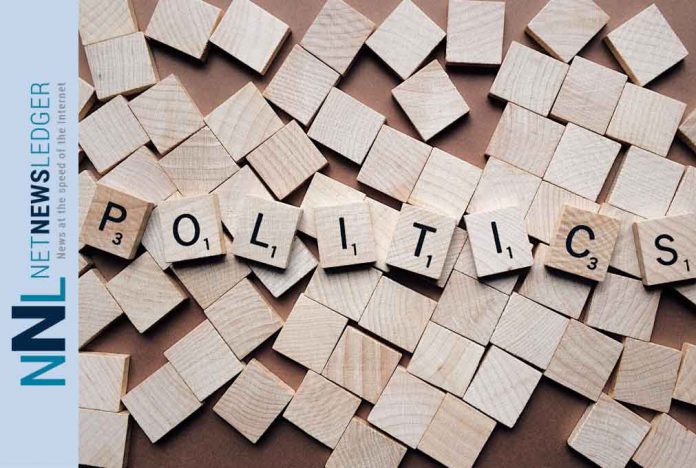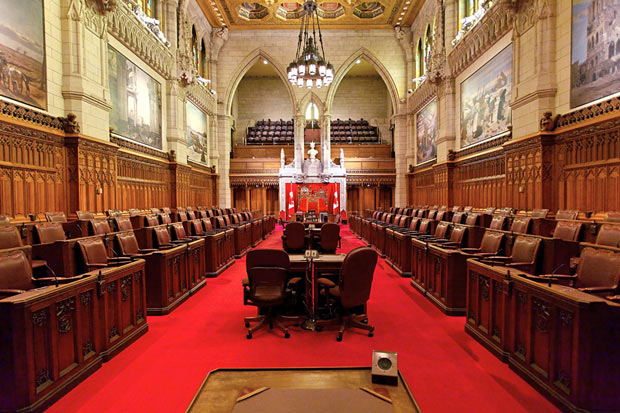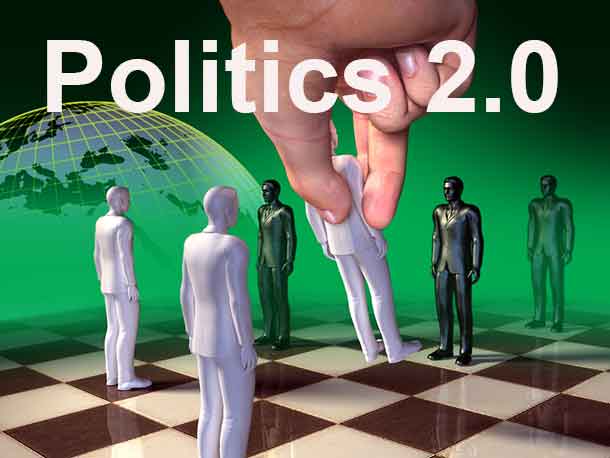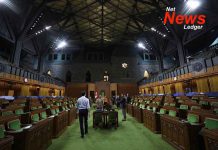Past online remarks continue to shape political careers, forcing candidates to confront their digital footprints.
Thunder Bay – POLITICAL ANALYSIS – In today’s political landscape, a single past tweet or Facebook post can derail a campaign—even if it was posted years or decades ago. Canadian politicians are no exception, as past online remarks have resurfaced, sparking controversy, public backlash, and even calls for resignation.
Recent attention on Ontario Liberal candidate Brian Hamilton and his decade-old comments referencing Jian Ghomeshi demonstrates how social media history remains a political liability.
However, Hamilton is far from the first Canadian politician to face scrutiny over old posts.
Notable Canadian Cases of Social Media Controversies
1. Brian Hamilton (Ontario Liberal Party, 2025)
The Thunder Bay-Superior North Liberal candidate faced backlash after resurfaced tweets from over a decade ago appeared to trivialize intimate partner violence.
Hamilton’s remarks, which referenced Ghomeshi, a former CBC broadcaster accused of violence against women, were condemned as insensitive and misogynistic. Despite issuing an apology, the controversy has put pressure on Liberal Leader Bonnie Crombie to address the issue.
2. Alec Mazurek (Ontario NDP, 2022)
Mazurek, an Ontario NDP candidate in Chatham-Kent—Leamington, was dropped by the party after antisemitic comments he had made on social media in 2014 resurfaced. His Facebook post included hateful remarks directed at Jewish people.
Though he apologized, the NDP disqualified him from running under their banner, reinforcing their zero-tolerance policy on hate speech.
3. Jamie Battiste (Liberal MP, 2019)
The Liberal candidate for Sydney—Victoria faced intense criticism over a series of sexist, racist, and inappropriate tweets from 2012 and earlier. His old posts included offensive remarks about Indigenous people, women, and immigrants.
While he apologized and acknowledged his past mistakes, the controversy cast a shadow over his candidacy. Despite the backlash, Prime Minister Justin Trudeau stood by him, and he was ultimately elected as an MP.
4. Andrew Scheer (Conservative Party Leader, 2019)
During the 2019 federal election, past remarks by then-Conservative Leader Andrew Scheer came back to haunt him. A 2005 speech in Parliament resurfaced, in which Scheer opposed same-sex marriage, arguing that LGBTQ+ unions could never be considered “marriage” because they lacked the “inherent feature” of procreation.
The remarks were widely condemned as homophobic, raising questions about his ability to represent all Canadians.
5. Justin Trudeau (Liberal Party Leader, 2019)
Although not a social media post, Prime Minister Justin Trudeau’s past Blackface and Brownface photos emerged during the 2019 election campaign, shaking his image as a progressive leader.
The photos from the early 2000s showed Trudeau in racially offensive costumes, leading to national and international outrage. Trudeau apologized repeatedly, but the controversy dominated the campaign and was used by opponents to question his judgment and sincerity on issues of racial equality.
The Role of Apologies—Do They Work?
When past comments or actions resurface, politicians often issue public apologies, claiming they have learned and evolved. Some apologies are accepted, while others fall flat. The effectiveness of an apology depends on several factors:
- Severity of the comments (Were they offensive, racist, sexist, or promoting violence?)
- Recency (Were they made 20 years ago or during a previous campaign?)
- Perceived sincerity (Is the apology genuine, or just damage control?)
- Party response (Does the leader stand by the candidate, or cut ties?)
For example, while Scheer’s and Trudeau’s past remarks damaged their credibility, they remained party leaders. In contrast, Mazurek was dropped immediately, showing the varying consequences based on political strategy and public response.
Can Candidates Avoid This Problem?
With social media history now a standard part of vetting political candidates, parties may need to:
- Conduct extensive background checks on candidates’ digital footprints.
- Encourage candidates to review and delete problematic posts before launching campaigns.
- Address past remarks proactively, rather than waiting for a scandal to break.
- Provide media training on handling resurfaced controversies.
Final Thoughts: The Internet Never Forgets
Canadian politicians are learning that past online behavior matters—and even long-forgotten tweets or comments can become political liabilities.
As voters demand greater accountability, the question remains: Should society allow room for growth and change, or will past mistakes continue to define political futures?






